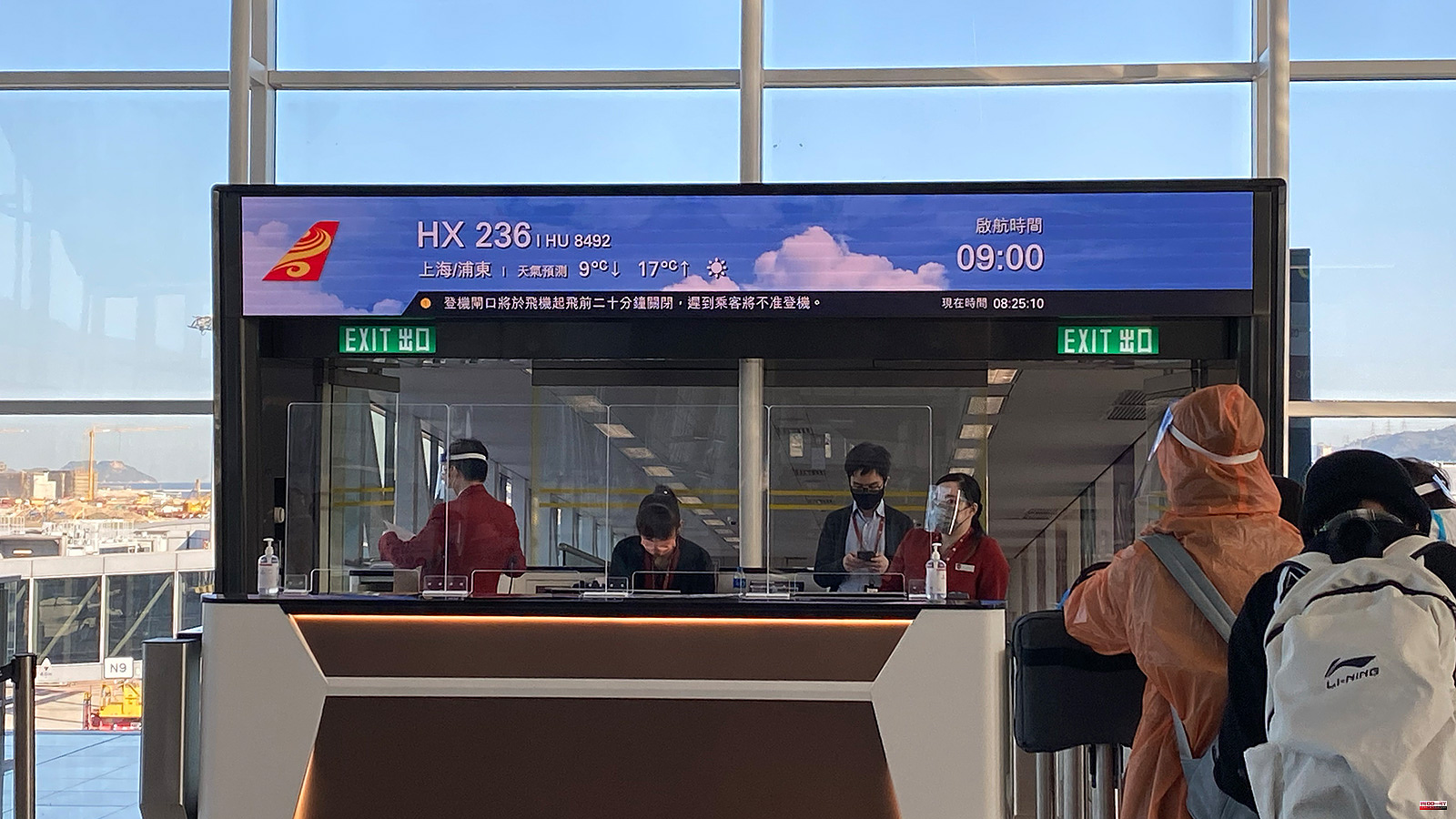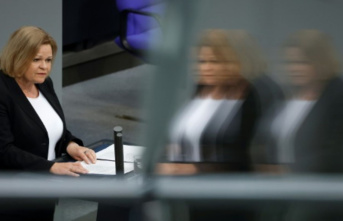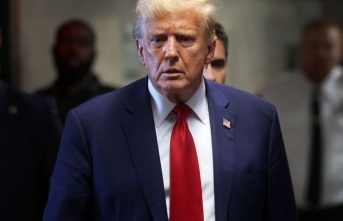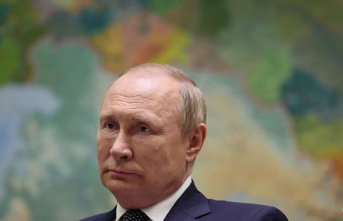In March 2013, I decided to leave Hong Kong and travel elsewhere. The daily Covid-19 cases in Hong Kong had just exceeded 50,000. This was the highest death rate in the world.
However, I wanted to visit Shanghai, my hometown for the first time since more than two years.
It was clear that traveling from a Covid hotspot into an area with strict zero-Covid policies would be difficult. I assumed I was prepared for the difficulties and hurdles of returning home. There were many Covid-19 tests and approved time off work.
I didn't realize the extent of the challenges ahead.
Pressures from third parties
Late February saw rumors that Shanghai would reduce the number of Hong Kong-bound inbound flights and cap its capacity at 50%.
Although the policy was not publicly disclosed, there was quick reaction. Checking airline ticket websites, I noticed that dates for flights in the future were turning grayer by the minute. Within an hour, all the slots available for March were booked.
I panicked and called a friend who was a travel agent. I called her the next day and she offered me a flight on March 8th to Shanghai with Hong Kong Airlines.
"Do you want it? The agent pressed me to make a decision or it will disappear.
I was uncomfortable making the decision when pressure was on me. However, when I saw the tickets disappear at a pace I hadn't seen before I made the decision to accept it.
My flight was cancelled three days before my departure. Although the airline did not offer an official explanation, it was widely believed that the cancellation was due to Shanghai's increased control over inbound flights from Hong Kong because of Covid-19 outbreaks. I called several airlines to search for other options and was disappointed when none of them were available.
I felt like I was stuck in an endless loop.
Scammers and scalers
Then, I reached out to Ms. Yu, a ticketing agent I discovered on social media, after she had booked a booking for another person.
"Ms. Yu", however, doesn't have a website. She runs her business using WeChat, China's most popular social messaging app.
China's air ticketing agents used to offer deeply discounted tickets from the airlines. The state aviation administration stated that international flights have dropped to just 2% of their pre-pandemic levels, as China has effectively closed itself off from the outside and cut down on the number incoming travelers.
But, the demand for Chinese students and workers abroad continues to rise. These agents have become scalpers, selling coveted tickets at high prices due to the limited supply of Chinese flights.
I asked the agent what "premium" price I would have to pay for a month's ticket.
"It's very expensive these days, to be honest. She replied, "I feel like it's out of reach for many people." "I always warn my customers straight away when they inquire."
It's more than money. Agents are not given priority and tickets are sold on public ticketing platforms. Agents can, however, keep an eye on the reservations system and grab any remaining tickets quickly.
Although there are automated systems that search for flights and find available tickets quickly, the agent stated that the system still requires considerable manual effort.
Yu stated that she was required to work over night to keep an eye on the ticketing system because airlines tend to "drop some bookings late at nights."
She asked for 11,000 RMB (around £1,650) to make a new booking for the date that I was planning to travel. This was ridiculous for a 2.5-hour trip. Prices for the trip ranged from $300 to 450 before the pandemic.
I felt like I had no choice but to agree on the price and pay a $450 deposit. Yu assured me that Yu would return my money if Yu couldn't book a booking within 24hrs.
Because the Covid-19 test results and the flight tickets must be booked together, she suggested that I schedule one Covid-19 exam per day for the whole week to make sure I have enough time to pass the test before I fly.
Yu was able to help me book a flight on March 8. Yu notified me only 20 hours prior to the departure. My PCR test the day before was negative. I was ready to go.
A ticket is not a promise
My trip began the day after I arrived. The Hong Kong International Airport was extremely quiet. There were very few counters.
When it was my turn, I presented everything: my travel document, Covid test report, and QR code for travelers to the mainland.
"Sorry, Ms. Wang. The flight is full. The airline clerk stated that they couldn't get you on board the plane right now.
The Shanghai authorities limit capacity to 50% and all available space is taken. We can guarantee that you will make it on tomorrow’s flight.
They were very understanding and apologetic. They continued to comfort me, promising that they would give me the same seat tomorrow.
They said that they would arrange a PCR test at my airport so that I could get the report the next day. I was forced to answer yes. I was also compensated with $1,000 HKD ($128) by the airline.
As I waited for my case to be processed by the airline, I noticed a group consisting of four college students, following the airline staff and begging to be allowed onto the flight. They appeared tired and depressed. Later, they told me that they had been booked on the exact same flight and route as me but on a different day.
"Sorry, we couldn't get to you on that plane. Is that the lady who is waiting? "She has a ticket but we can't even get him on today," said the clerk to the group, pointing my way.
I was approached by the girl in the group who began to talk to me. After I confirmed the information, she asked me to add her friend on WeChat in order to keep in touch.
Sarah Wang was her name. She said she was there with some friends from mainland who were studying at Hong Kong colleges. She was unable to afford the expensive tickets sold by scalpers, so she purchased a flexible booking ticket and waited at the airport overnight in hopes of getting on a plane.
Money is not enough
The next day, I boarded the plane. Instead of feeling excited, I felt tired and dejected.
Despite the hardships, it was a blessing to finally make it home.
Together, I spent more than $3,000: I lost $160 on the cancelled booking, and then I paid $1,726 to get a new one plus $1,130 for mandatory quarantine hotel.
Sometimes, even money cannot buy a return trip to home. It was my experience that scammers targeted Chinese immigrants and took advantage of their desperate situation.
Sarah Wang, a student, told me that her strategy worked and that she finally made it to Chengdu, southeast China with a regular-priced booking ($420). She had already lost $940 to a scalper who promised her two bookings, one from Hong Kong to China, if she paid the deposit. After she made the payment, the person did not respond.
The same fate could have happened to me. I was not more trusted by the agent who booked me my original booking.
Since the beginning of the pandemic, China has been the Wild West for fighting to China.
The Civil Aviation Administration of China (CAAC), announced in March 2020 that it would reduce the number of international flights by one flight per week for all airlines to China. A fluid "circuit breaker" system can suspend a route for up to 4 weeks if there are more than 4 positive cases on any one flight or route.
Sarah Wang joined a WeChat group to help victims of airline ticket frauds. This group includes more than 30 fellow Chinese overseas who are or were trying to fly home.
They believe that they have lost over $70,000 to ticket scalpers pretending to be scammers.
The CAAC has established regulations regarding international price flights. It imposes price control and bans certain ticketing intermediaries, transfers, and exchanges.
The black market is still thriving.












